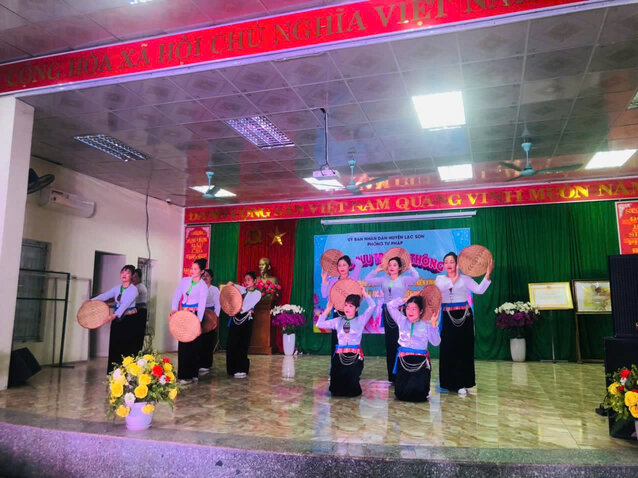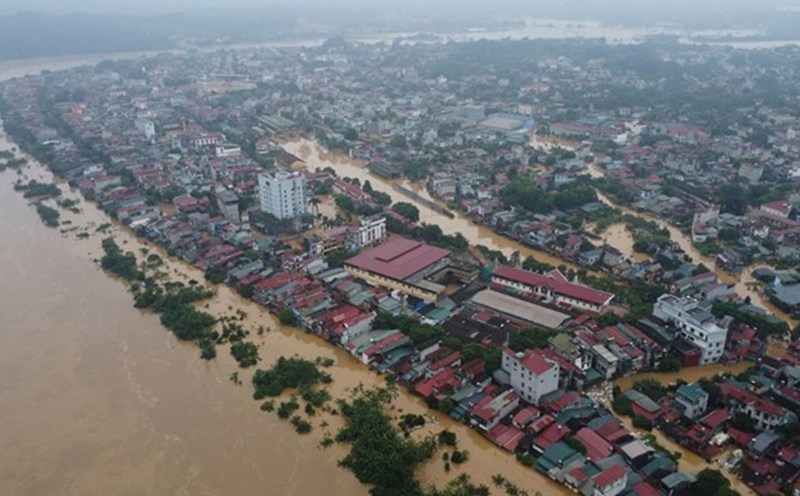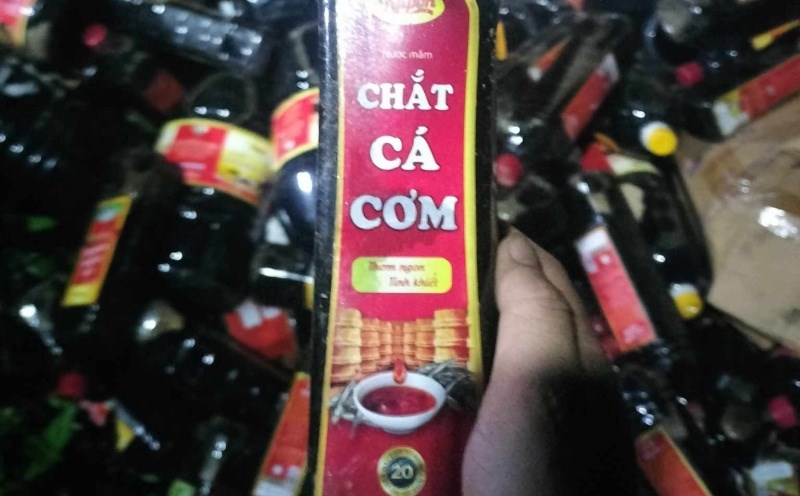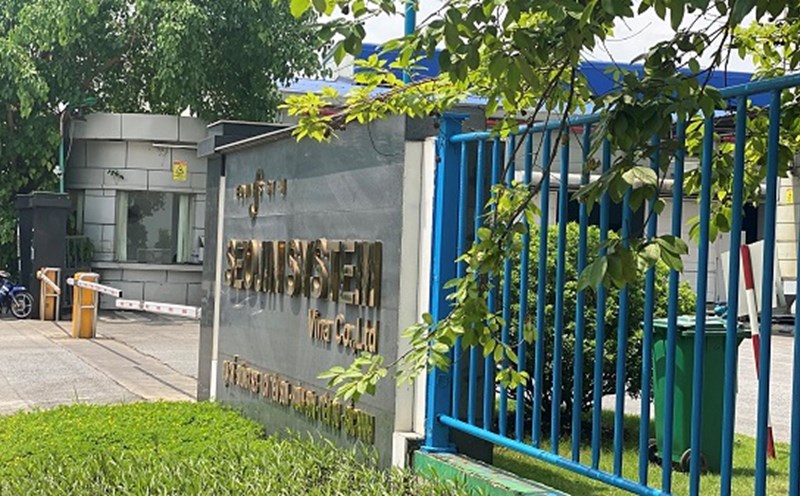In the mountainous district of Lac Son (Hoa Binh), where more than 94% of the population is ethnic minorities, access to the law, especially the Land Law - used to be an unfulfilled gap. Many cases of buying and selling with handwritten documents, family disputes or encroachment on public land all stem from limitations in legal awareness. In recent years, instead of waiting for people to ask, the government has proactively "taken the initiative to call each hamlet", bringing the law to each household, by making it approachable and easy to understand.
According to the Ethnic Affairs Department of Lac Son district, the Land Law is integrated into the activities of women's groups, farmers, mediation conferences, training classes and community activities. Many remote communes such as Thuong Coc, Ngoc Lau, Tu Do... have equipped loudspeakers, mini projectors, and built legal bookcases in the hamlet. Documents distributed to people are clearly illustrated, briefly presented, and have bilingual versions.
"No one understands the people as the people in the neighborhood. After each training class, judicial officers only provide remote support. The transmission of the law is assigned to prestigious people - say a sentence, the people believe a sentence. Some people compare the issue of issuing red books to the issue of dividing land in a house lets hear it, said the judicial officer of Thuong Coc commune.
In particular, when the Land Law (amended) is passed by the National Assembly and will take effect from January 1, 2025, grassroots propaganda groups will quickly update new points directly related to the people. At the communication sessions in Thuong Coc, Ngoc Lau, Tu Do..., people were specifically explained the contents such as removing land price frameworks, the right to choose land use forms, new regulations on land allocation without collecting fees for poor ethnic minority households...

This knowledge is conveyed in Muong language, through illustrative paintings, bilingual notebooks and folk songs, scripts built from real-life situations in the village. Many people after the communication session proactively went to the commune to ask for planning information, check their rights when their land was recovered, or ask for confirmation from poor households to carry out procedures for land allocation for production.
"Before, I didn't understand anything, if the land was reclaimed, I agreed. Now the village officials explained, I just realized that I had to have a new place to live and vocational training support if I had to move" - Mr. Bui Van Kinh, Van Nghia commune said.
In many hamlets, " core groups of the law" were established, including hamlet chiefs, party cell secretaries, mediators, and prestigious people. When there are conflicts and disputes, the group will discuss ways to resolve them. This force also supports people in procedures for granting land use right certificates, declaring production forest land, and distinguishing between contract land and long-term possession land. Concepts that were once unfamiliar have now become a familiar thing.
According to the People's Committee of Lac Son district, in the past two years, the number of land disputes that had to be transferred to the district level for handling has decreased significantly. In communes such as Huong Nhuong, Vu Lam, Van Nghia... in 2024, no cases arose that had to be brought to court. On the contrary, the demand for registration for granting land use right certificates has increased sharply, with thousands of applications received, much higher than last year.
Propagating land laws to ethnic minorities is no longer about reading documents in the hall. In Lac Son, that journey is being written in the familiar voice of the people in the village, through each village meeting, legal leaflet, the loudspeaker in the mountains and forests - where the law is not only heard, but also understood and practiced.











